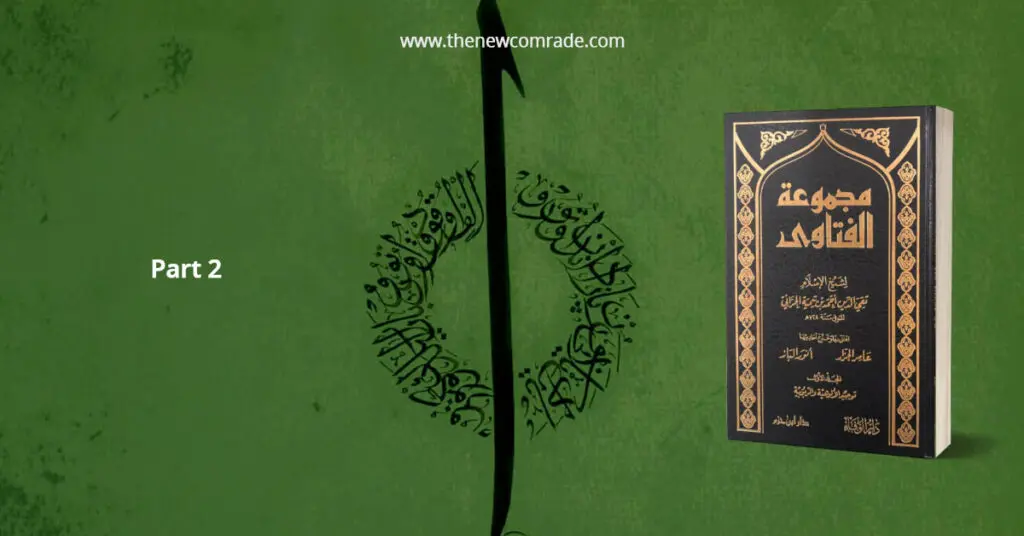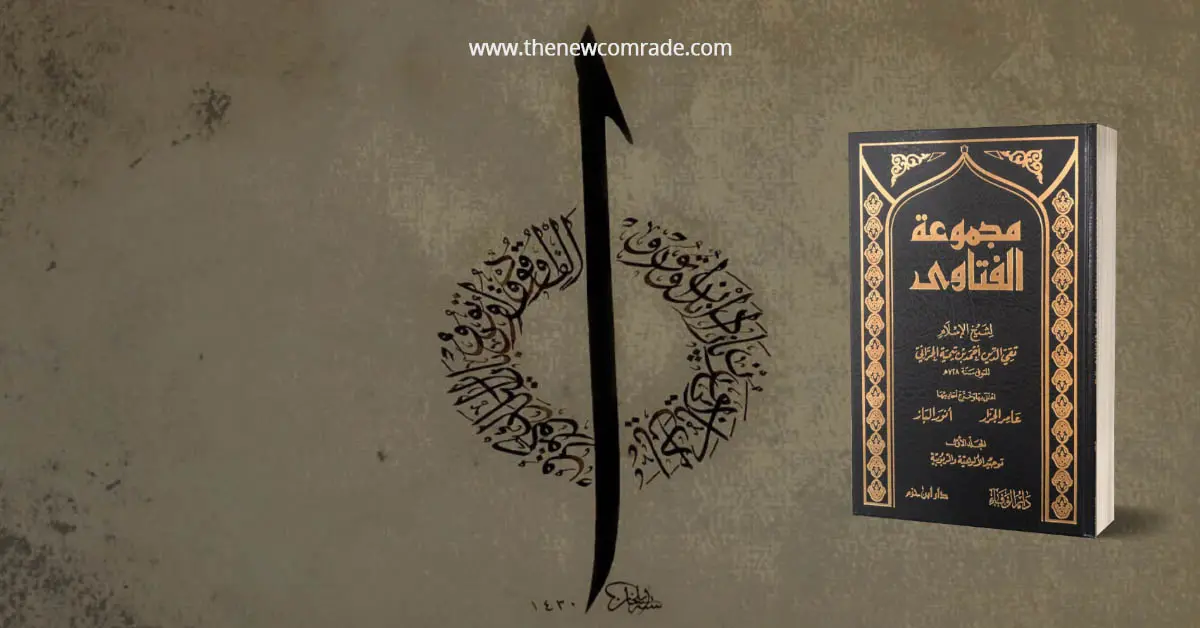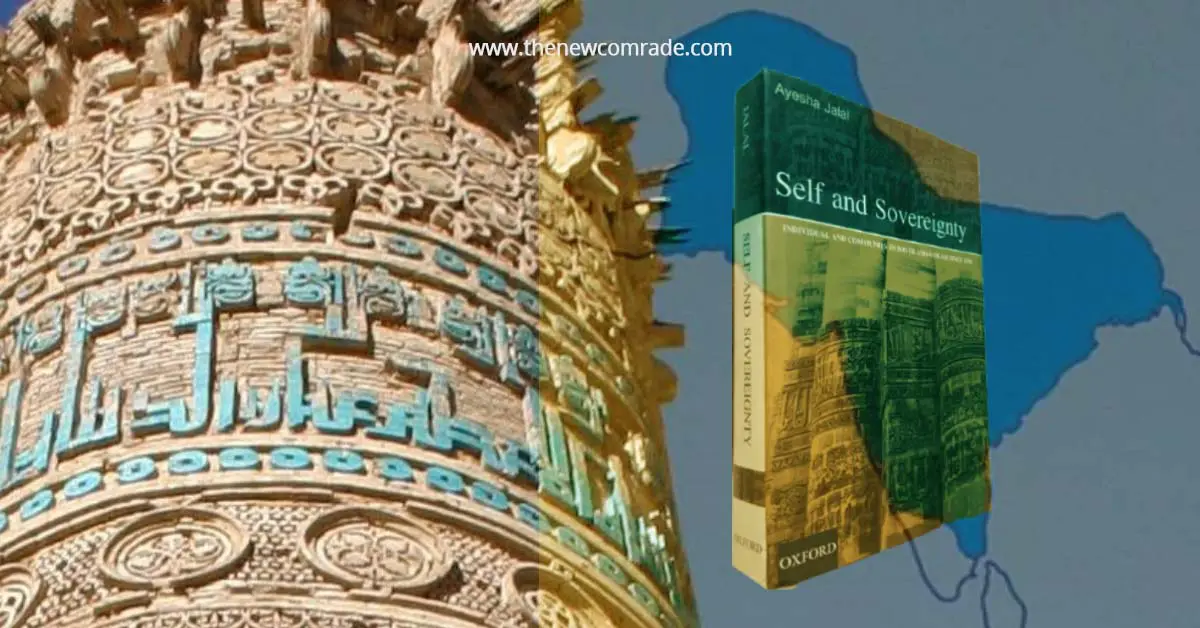All esoteric deeds like love of Allah, sincerity towards Him, trust in Him, contentment in His decrees, etc. are incumbent upon all Muslims. Abandonment of any of these is not praiseworthy in the case of any person. Whereas sorrow or remorse, is not something commanded by Allah or by His messenger (saaws). Rather, in certain contexts, it is even forbidden: “do not waver, nor feel remorse. You are superior, if you are believers” (3:139). There are many instances in Quran, where it is discouraged or forbidden (vide. 16:127, 9:40, 36:76, 57:23, etc.). This is so, because it does not benefit nor ward off any harm. Allah does not command anything futile. Of course, it is not a sin for one to be sorrowful once afflicted by calamities, so long as this sorrow is not associated with something unlawful. Prophet (saaws) said: “Allah does not hold one accountable for tears in eyes or sorrow in the heart”. Then, he gestured towards his tongue and said : “But, He holds one accountable for this or He may show mercy”. On the occasion of decease of his son Ibrahim (RA), when tears appeared in his eyes, Prophet (saaws) said: “eyes weep and heart grieves, yet we will not say anything that is not pleasing to Allah”.
Sometimes, sorrow of a person could be associated with some matter in such a way that it brings reward to him/her and is praiseworthy. An example is, one who is sorrowful of some adversity in his/her religious matters or about calamities affecting Muslims in general. This reward results from inherent love for goodness and hatred of evil associated thereof. However, if such a sorrow leads a person to relinquishing perseverance and struggle enjoined upon him/her and if it does not bring any benefit or ward off any harm, then it is prohibited. If this does not happen, then his/her sins will be removed because of the sorrow experienced. If this sorrow leads to weakness of heart and one gets obsessed with it to the extent of affecting the deeds that are commanded upon him/her by Allah, then it is blameworthy in that aspect even though it may seem praiseworthy from other perspectives.
As for love of Allah, sincerity to Him and other such esoteric deeds, all of these are good in an absolute sense. These are some of the lovable virtues embraced by Prophets, steadfast believers, martyrs and righteous persons. Progressions of one’s relation with Allah resulting from afore-mentioned esoteric deeds are applicable to both ordinary believers as well as the advanced ones. Of course, these progressions divide people into the advanced and the ordinary – the former embracing special aspects and the latter embracing general aspects of these deeds. For instance, reliance upon Allah on an ordinary level may pertain to matters related to obtaining necessities and demands of worldly life, whereas on an advanced level it would include reformation of one’s heart and religiosity, guarding tongue and intention, etc. These represent the more important aspects of those deeds. That is why he converses with Allah in daily ritual prayers with the words: “You only we worship and You only, we seek help from. Guide us the right path”. Also, it is said: “so worship Him and rely upon Him” (11:123). Worship is twinned with reliance upon Allah in many places in Qur’an because these two together sum up essence of religiosity. That explains what a religious scholar said: “Allah has summed up contents of all His revealed Books in Qur’an ; has divided contents of Qur’an to chapters & sections; has summarized these divisions in the Fatihah (1st chapter) ; has summarized contents of Fatihah in its verse – “You only we worship and You only, we seek help from” ; has taught its first application in its verse – “Guide us the right path”.”
A prophetic tradition describes recitation of Fatihah in ritual prayers as a conversation between Allah and His slave. Allah says that statements of prayer is divided between Him (unperceived) and His slave (perceived), whereby, for every verse recited, Allah gives a corresponding response. Thus, when a slave recites – “You only we worship and You only we seek help from”, Allah responds – “This is between Me and My slave, and My slave has whatever he asks for”. Prophet (saaws) says: “The right that Allah has over His slaves is that they should worship Him and should not associate any with Him. If the slaves do so, they have a right upon Allah that He should not punish them.” Worship of Allah is the raison d etre of creation His slaves. Messengers of Allah (AS) were appointed for establishing this. Worship encompasses perfect and ultimate love and submissiveness towards Allah. Love bereft of submissiveness and submissiveness bereft of love do not amount to worship. Allah is free of any want from His creations. Benefits of worship falls in account of the slaves only. Allah loves and is pleased by the worship of His slaves. Allah is more pleased with the repentance of a slave than a traveller who loses his riding camel along with his provisions in an uninhabitable desolate place and sleeps dejectedly, only to wake up later to unexpectedly find the camel near him, as comes in a Prophetic tradition. Reliance upon Allah and seeking His help are the means for obtaining desired objectives of daily ritual prayers. Reliance upon Allah in areas of needs pertaining to religiosity are of greater importance compared to the same in areas of one’s worldly needs. Obligatory and commendable acts of religion are complete only with reliance upon Allah. Ones who are abstinent in this are, in turn, abstinent from what Allah loves, what He has commanded and what He is pleased with.









